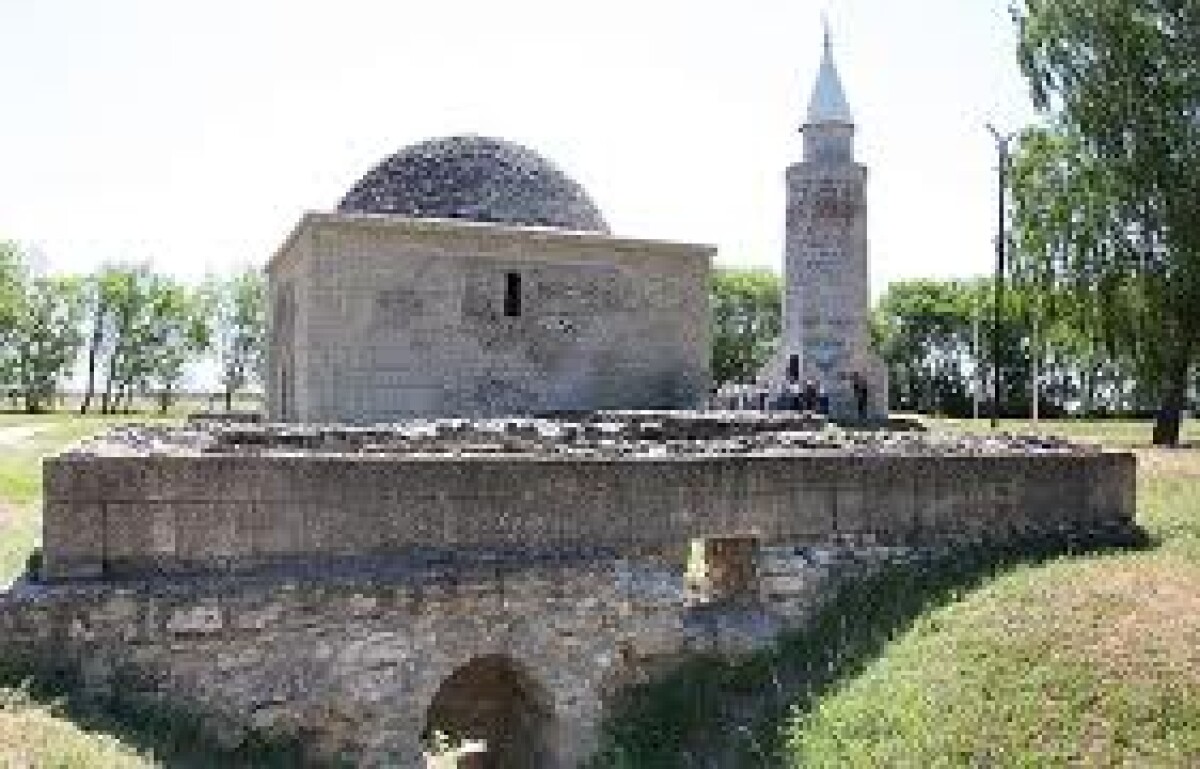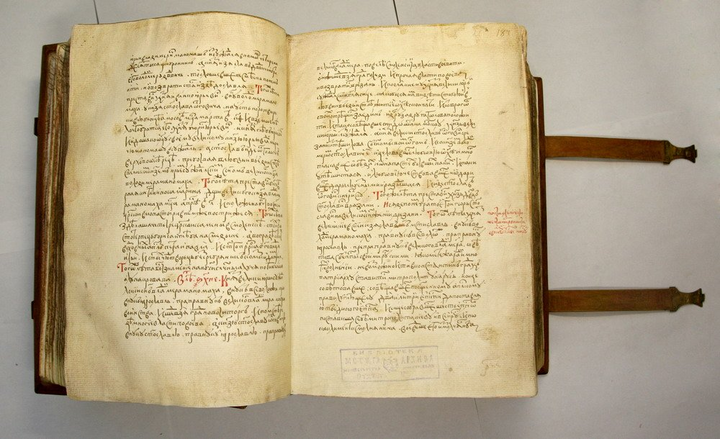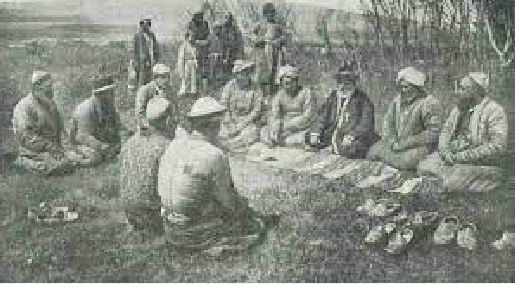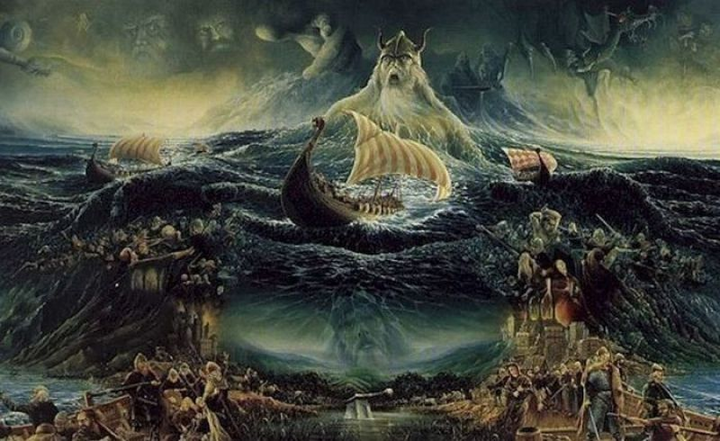
Each of us belongs to his period of time. Contemporaneity (it obviously does not stand but moment by moment moves to the future and immediately turns into the present) is a phenomenon through which we touch history — series of past and interconnected events, generations and epochs.
Historical character of personal and public life is embodied in combination of continuity and changeableness. Continuity gives the present definiteness and makes us and circumstances just what we are. Changeableness makes the future opened and gives us the right to choose one of the numerous opportunities of historical action. The stronger the basis of historical continuity, the most available and reliable opportunities for the free historical creativity are.
History is objective, but its origins lie in subjective life of person and human community. People have found history and revealed historical memory in them developing the ability to historical deeds and the will to historical goals. History did not exist before that, primitive human beings lived not in accordance with historical but physical, astronomic and biological time — the time of mechanical movements, circulation of items and closed cycles.
History is multifaceted: it consists of numerous historical destinies of separate nations, states and regions. They survive the growth and decline; their destinies cross each other, interrupt or join others, but as a whole century by century mankind keeps and increases the energy of upcoming movement — historical process. And the closer to the contemporaneity, the most powerful the energy is, the most rapidly historical time passes, the closer historical destinies of different nations become. Mankind finds common history and common destiny...
Each of us belongs to his culture. The nature of history is based on changeableness, while culture is characterized by high degree of constancy. Using analogies culture can be compared with genetic code of society defining its integrity, identity and ability to reproduce itself and develop.
Culture distinguishes community of people from communities of other living creatures we know about. Culture can be considered as the second artificial nature of human being. It is because culture creates livelihoods and medium of communication necessary for each person and every community of people.
Human cultures are so different; they actively influence each other and not always can co-exist with each other. Therefore, only a part of appeared cultures still exist. The most viable are so called opened cultures which are characterized by the ability to develop, change and interact with other cultures. There are many evidences that increasingly active intercultural interaction, which became the symbol of the 20th century, contributes to the formation of common world cultural community — multiform and dynamically changing opened society with opened culture...
From the earliest times cognition of history and culture attracted thoughtful people. As scientific disciplines History and Cultural Studies appeared almost at the same period within the frameworks of both Western and Eastern spiritual tradition. It happened between the 7th and 4th centuries BC, at the period of great insights which was called by German philosopher Karl Jaspers as Axial Period.
Herodotus is considered to be the founder of historical science. His work "History" dedicated to Greek-Persian wars survived until today. It is notable that in ancient Greece and ancient China, where first scientists-humanitarians appeared, initially History was a descriptive science while Cultural Science developed within philosophical concepts for a long time. Formation of Cultural Science as relatively independent sphere of knowledge can be conditionally timed to the 18th century when the work of outstanding representative of German Enlightenment J. Herder "Ideas upon Philosophy and the History of Mankind" was released (1791).
Intensive development of humanitarian sciences in the 19th — 20th centuries enriched Cultural Science with the data of certain researches which contributed to more clear separation in the capacity of independent subject. In turn in Historical Science schools and trends focused on major theoretical summarizing and methodological synthesis strengthened their authority. Counter development of both sciences led to "consolidation of bridges" between History and Cultural Science, to recognition of the fact that "whole history is full of culture while history is a detailed history of culture".
Therefore, there is an interconnection between History and Cultural Studies; and they more actively interact with other humanitarian and social-economic disciplines while cultural-historical aspect appears in interface of these disciplines and interdisciplinary researches.
Mentality is a common term which combines History and Cultural Studies. Its increased use led to appearance of various interpretation of this term. First scientific interpretations of mentality were given in the 1930s by French historian-annalists who considered it as a sustainable mood of human inner world combining them into social and historical communities as a complex of purposes and predispositions of individuals to the definite type of thinking and acting.
Cultural Science relies on the data of Historical Sciences, uses their methods while studying history of cultures. Along with this Cultural Science helps History to establish regularities of historical development, understand the nature of historical events. Both sciences use several common methods: genetic (phenomenon is studied since the moment of appearance during the process of development and till achievement of certain condition); systematic (phenomenon is understood as a complex of elements creating definite integrity and unity); comparative (reveals similarity and distinction of objects and phenomena for the following stages of cognition); artistic (method of specifically sensual expressing of reality); phenomenological (description of methods of understanding of sense, understanding psychology).



